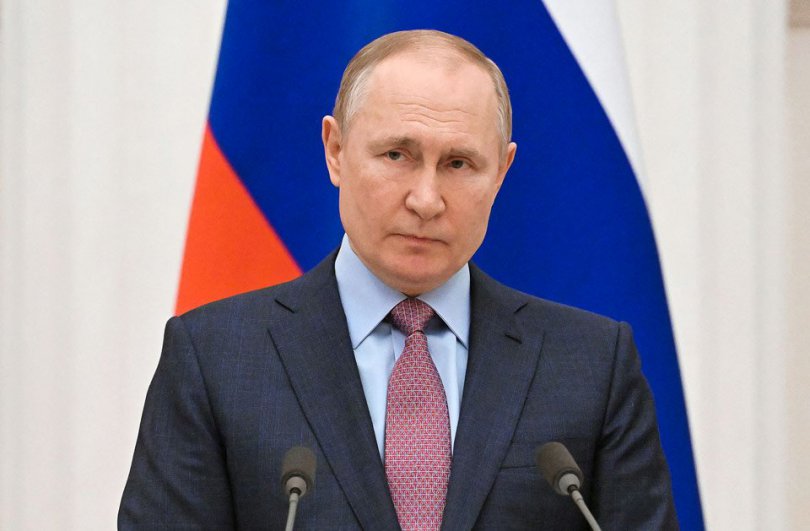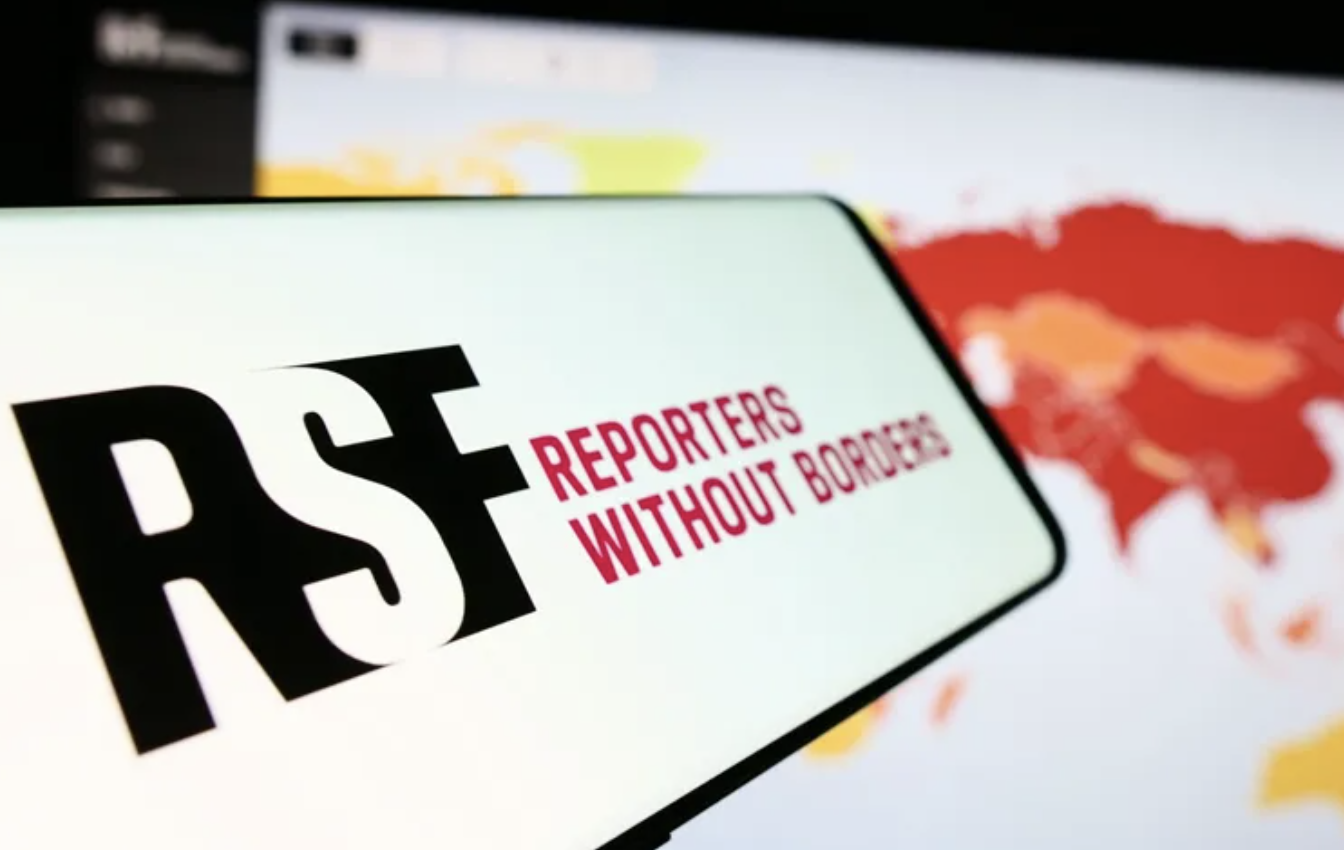
VR endorses draft bill bringing Ukraine closer to full application of EU customs legislation
23.08.2024 ნახვები: 378
The relevant statement was made by the Ukrainian Finance Ministry, an Ukrinform correspondent reports.
A total of 293 Members of Parliament voted in favor of this document.
“The adoption of the draft law is intended to provide an opportunity for domestic businesses to adapt to the updated regulations in the field of foreign economic activity in a timely manner and ‘smoothly’ transition from the existing to the new Customs Code of Ukraine, which will be fully in line with the EU Customs Code,” Ukrainian Finance Deputy Minister for European Integration Yurii Draganchuk noted.
The next major changes to the customs legislation of Ukraine will be the adoption of the new Customs Code that will be completely based on the Customs Code of the European Union.
The main changes proposed by the draft bill include the introduction of the customs representation concept, which is similar to those operating in EU countries; a gradual transition of enterprises to a system of authorizations, which is similar to the European one; the implementation of a European model of customs warehouses and the expansion of the list of permitted operations.
Among other things, the opportunities for authorized economic operators (AEOs) to confirm their financial standing were expanded, and a European approach to the application of customs regimes was introduced.
In order to strengthen the anti-corruption component in customs authorities, the law provides for the implementation of two key measures: posting depersonalized texts of decisions based on the results of complaints consideration within three days from the date of their acceptance on the official website of the Ukrainian State Customs Service, and giving customs authorities the right to exchange information in electronic form on the customs value of goods with customs authorities of foreign countries in the format of international standards.
The proposed amendments will enter into force six months after the official publication of the law. During that period, the Cabinet of Ministers of Ukraine and the Finance Ministry have to approve all necessary by-laws.
At the same time, certain provisions will become effective on the day following the publication date of the law. For example, this refers to benefits for AEOs in priority arrival and border crossing, as well as removing the waiting time of goods in electronic queues from the border delivery period for all enterprises.
A reminder that, in June 2024, the International Monetary Fund (IMF) revised the structural benchmarks for Ukraine as part of the Extended Fund Facility (EFF) Arrangement, having added a requirement to make amendments to the Customs Code before late October 2024. The approval of such amendments by the Verkhovna Rada on August 22, 2024 is an important step towards Ukraine’s further cooperation with the IMF.

























